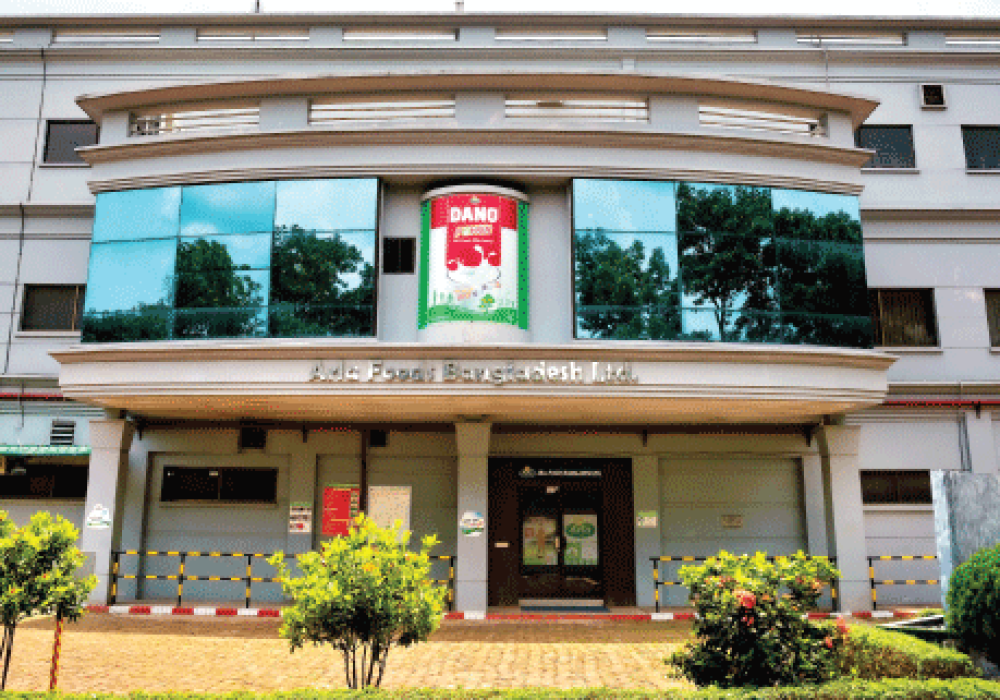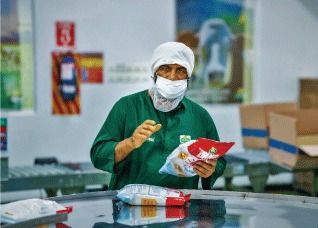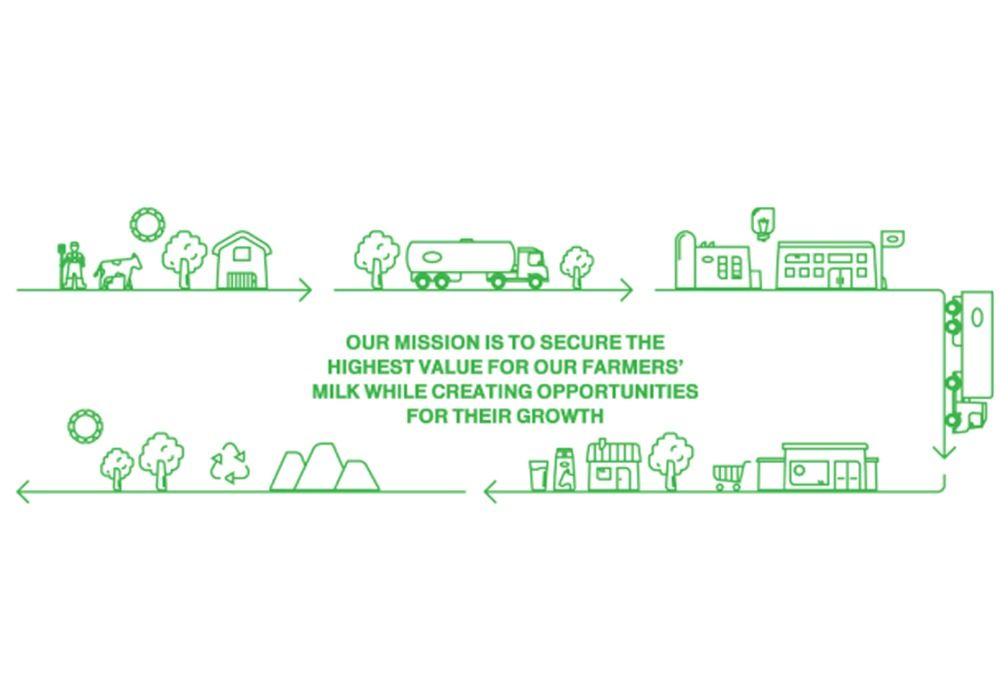- info@ficci.org.bd
- |
- +8802222271610, +8802222271611
- Contact Us
- |
- Become a Member
- |
- |
- |
- |
- |

Dairy products, being one of the most nutrient-dense food sources, play a crucial role in the daily nutrition of a growing society like Bangladesh. The country currently produces around ten billion liters of liquid milk annually, positioning itself as one of Asia's largest producers. Over the years, the dairy industry has seen remarkable growth, with milk production increasing fivefold from 2010 to 2020.
The dairy industry in Bangladesh is currently at a critical juncture, facing formidable challenges over the next few years due to macro-economic factors such as the devaluation of the Bangladeshi Taka, a shortage of US dollars and increase in feed price. These issues could restrict access to necessary technology from abroad, impacting the industry's growth and modernization efforts. Therefore, it is imperative for local companies to foster transparent partnerships that focus on mutual growth and knowledge exchange to navigate these turbulent times.
The enhancement of dairy production efficiency is achievable through the adoption of advanced farming practices, improved cow husbandry, and optimized feed and land use. These measures not only increase the yield but also significantly reduce the emissions per liter of milk produced.

Innovations in feed are pivotal, particularly in mitigating methane emissions-a natural byproduct of ruminant digestion processes in dairy cows, beef cattle, sheep, and goats. Since feed composition is instrumental in influencing methane production, strategic feed management can serve as an effective approach to environmental sustainability in dairy farming. However, financial constraints among farmers pose challenges in adopting these practices, as many are already struggling to meet their existing business needs.
Moreover, ensuring the safety of dairy products and preventing microbial contamination is paramount. This requires not only infrastructure development but also education and awareness among producers and collectors. Knowledge dissemination about safe dairy practices can lead to the establishment of systems that safeguard the quality of dairy products, benefiting both the industry and the consumers. By addressing these multifaceted aspects-efficiency, sustainability, financial viability, and product safety-the dairy sector in Bangladesh can continue to thrive and contrib- ute to the nation's nutritional needs and economic growth. Implementing such comprehensive strategies will require concerted efforts from various stakeholders, including farmers, industry experts, government bodies, and the commu- nity at large.
In the context of sustainable business growth, partner- ships between companies in complementary industries are not just beneficial but essential. Such partnerships can streamline the supply chain, improve product quality, and enhance overall productivity by leveraging shared expertise and resources.
On that note, recently, the Danida Green Business Partnership (DGBP) under the Ministry of Foreign Affairs of Denmark is funding an innovative dairy project in Bangladesh titled "Green Dairy Partnership. in Bangladesh - creating a sustainable and productive dairy value chain model in Southwest Bangladesh,” valued at BDT 254 million (DKK 25.5 million). The project aims to create a green, sustainable dairy.
business in Southwest Bangladesh, reducing greenhouse gas emissions and increasing income for 10,000 farmers, with a potential of 50,000 farmers. Arla Foods Bangladesh, PRAN Dairy, Solidaridad Network Asia, IDRN-Bangladesh Agricultural University, SEGES Innovation, and The Danish Agriculture & Food Council are the project partners.

In conclusion, the future of the dairy industry in Bangladesh hinges on strategic partnerships, knowledge exchange, and a commitment to sustainable practices. By focusing on these areas, the industry can overcome economic challenges, optimize resources, and continue a path of growth and development.






